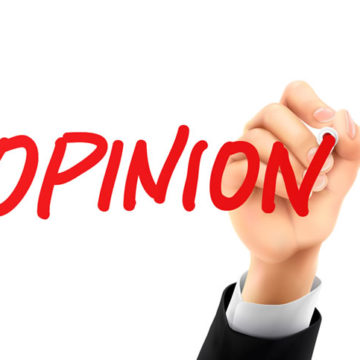In today’s globalized world, the revolution of the digital space and the access Nigerians have has promoted our influence in the world over. Our world appeal is unrivaled, from the love for Nigerian men to our comedy, our humor, our accent, and most courted our music. This was why I was glad when the president created a ministry for Nigeria’s creative industry.
Today, Nigeria’s Afrobeat is a beacon of international fascination. It is fast becoming one of our greatest weapons of penetration and holds immense potential as a potent form of soft power. This great soft power is generally mismanaged due to a lack of unified direction and the naive neglect of the power we wield. This trend looks familiar as we have witnessed it in the agricultural sector (our palm oil industry is an example), the medical sector, education, and fashion (Chinese now controlling the Adire and other native fabrics). We may witness this also in the music industry if we still do not shake off the ‘curse’ of buying back at a great price what we once produced very freely and in abundance. When former US President, Barrack Obama shared his playlist which included Burnaboy, a Nigerian artist, it was the talk on everyone’s lips. Things have moved rapidly since then as we have had very recently Nigerians performing at the Coronation of the King of England, the World Cup, and many significant international functions, as well as the recent Grammy Awards nomination having about six Nigerian artists.
Afrobeat by Nigerian artists has a sweet melody and rhythm, which creates a spontaneous urge to dance. This fascinating music we produce has largely and most recently drawn foreign artists that once dominated the scene to us and today, many foreign artists feature Nigerian artists. Like every forward-thinking society, the goal of many foreign artists is not only to satisfy and produce good music for their people but to be able to regain that international influence they once had. This means foreign artists today are determined to create music that people outside their own countries are willing to listen to, and today, that music is Afrobeat. While our Nigerian artists, thrilled by overseas acclaim, hike their show prices at home, distancing themselves from their local fan base, they overlook the perilous trend unfolding—foreign artists, are now understudying Nigerian music, adopting our beats and rhythms, and are testing the waters using social media to imitate and learn our craft.
Most interesting of all is their deliberate attention to the learning of the leading language of the music, the power of Afrobeat, which is the Yoruba language. Nigerians on social media are fascinated by how foreign artists try out the language and the beats, how they imitate us, and ask us to rate them. They get better by the day, and we cheer them on as they try. In no time and with the perfection of the melody, rhythm, language, and more sophisticated instruments, they will recreate a sweeter version of our Afrobeat, as they are poised to unveil a modified, perhaps ‘more appealing’ version of Afrobeat. Not just that, they will come to the Afrobeat’s country of origin and begin to perform it affordably to Nigerian audiences. They will break into the market, and not just the Nigerian market but penetrate other parts of the world that embrace the genre, as local artists begin to fight for a place in their once-controlled space, and they may never get the chance again. This may sound farfetched but has happened in virtually all sectors of the country.
While Nigerian artists may start to recognize their number-one fans and reflect this in their local shows, this is a big space where the Ministry of Creative Economy must step in to guide and harness this potential. We can have an Afrobeat hub and have those who want to produce music from all parts of the world come for training under the best Afrobeat stars in the world. Nigeria should leverage its soft power and seize this moment, driving a cultural export powerhouse. We have the resources, talent, and rich cultural heritage to export globally. Nigeria’s visionaries, backed by a forward-thinking Ministry, must safeguard our cultural legacy while paving a path for the future. By nurturing our soft power, commercializing our talent, and envisioning a national culture, we can secure our place on the world stage.
The greatest countries in the world had a vision first, which they worked towards through a national culture. This is very possible if there is a forward-thinking driver that can give the national direction, a group of young minds who don’t only care about today’s gain but the future, and the legacy of what they also grew to meet.
Omowon is the Executive Director, Wide Gate Initiative for Peace and Dispute Resolution and Graduate Teaching Assistant, University of Massachusetts, Boston.
READ ALSO FROM NIGERIAN TRIBUNE
Crédit: Lien source




Les commentaires sont fermés.